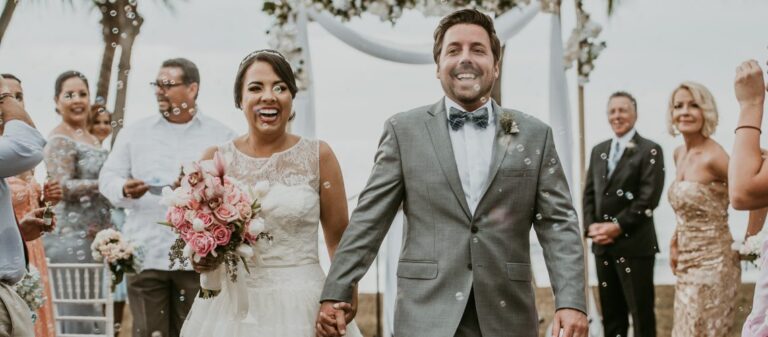In Puerto Rico, there are several types of legally recognized marriages, governed by the Puerto Rico Civil Code and aligned with U.S. constitutional law. Here are the main types of marriages:
1. Civil Marriage
- Most common legal form of marriage
- Performed by a judge, mayor, or authorized government official
- Requires:
- Valid IDs (e.g., driver’s license or passport)
- Birth certificates
- Medical certificate (including blood test results)
- Marriage license from the Demographic Registry
- Open to both residents and non-residents
2. Religious Marriage
- Can be conducted by:
- Christian clergy (Catholic, Protestant, etc.)
- Jewish rabbis, Muslim imams, or other religious leaders
- Must be registered with the Puerto Rico Demographic Registry to be legally valid
- Religious ceremony is recognized under law only if the officiant is legally authorized
3. Same-Sex Marriage
- Legal since 2015, following the U.S. Supreme Court ruling in Obergefell v. Hodges
- Same legal rights and processes as heterosexual marriages
- Accepted both in civil and many religious contexts
4. Proxy Marriage (Rare & Limited)
- One or both individuals are not physically present
- May be allowed under certain conditions (e.g., military service)
- Requires court approval and legal representation
Not Recognized Forms
- Polygamous marriages are illegal
- Common-law marriage is not recognized in Puerto Rico, even if valid elsewhere
Additional Notes:
- Marriage age: Legal at 21; minors (18–20) need parental consent
- Foreign marriages: Recognized if legal where performed
- Divorce: Permitted under civil law for various grounds



